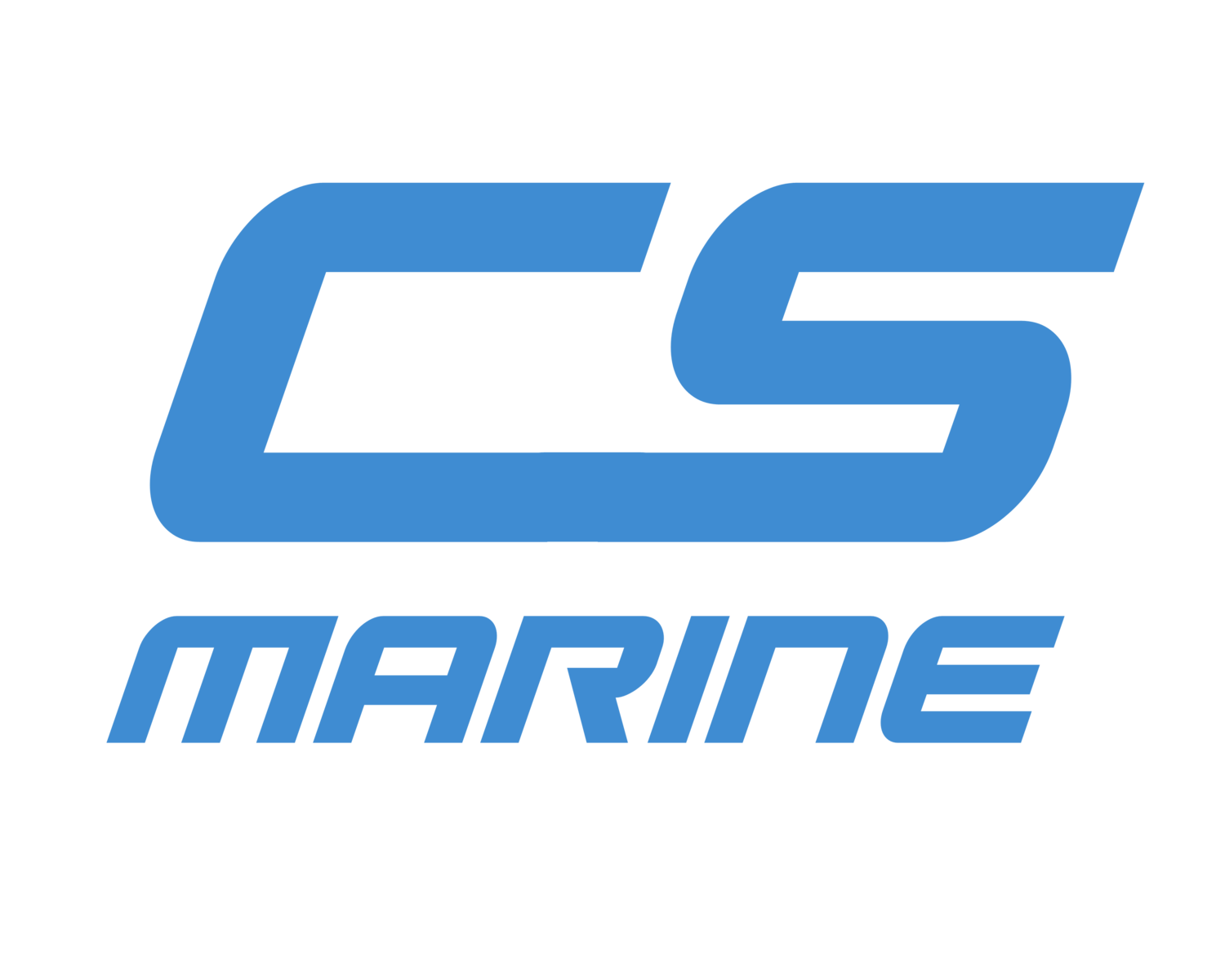November 22, 2018 6:23 AM
The following is the Oct. 22, 2018 Congressional Research Service report, Navy Littoral Combat Ship (LCS) Program: Background and Issues for Congress.
The Littoral Combat Ship (LCS) is a relatively inexpensive surface combatant equipped with modular mission packages. Navy plans call for procuring a total of 32 LCSs. The first LCS was procured in FY2005, and the Navy’s proposed FY2018 budget requested the procurement of the 30th and 31st LCSs. As part of its action on the Navy’s proposed FY2018 budget, Congress procured three LCSs—one more than the two that were requested. Thus, a total of 32 LCSs have been procured through FY2018.
The Navy’s proposed FY2019 budget, which was submitted to Congress before Congress finalized action on the Navy’s FY2018 budget, requests $646.2 million for the procurement of one LCS. If Congress had procured two LCSs in FY2018, as requested by the Navy, the LCS requested for procurement in FY2019 would have been the 32nd LCS. With the procurement of three LCSs in FY2018, the LCS requested for procurement in FY2019 would be the 33rd LCS.
The Navy’s plan for achieving and maintaining a 355-ship fleet includes a goal for achieving and maintaining a force of 52 small surface combatants (SSCs). The Navy’s plan for achieving that goal is to procure 32 LCSs, and then procure 20 new frigates, called FFG(X)s, with the first FFG(X) to be procured in FY2020. Multiple industry teams are now competing for the FFG(X) program. The design of the FFG(X) is to be based on either an LCS design or a different existing hull design. The FFG(X) program is covered in another CRS report.
The LCS program includes two very different LCS designs. One was developed by an industry team led by Lockheed; the other was developed by an industry team that was then led by General Dynamics. LCS procurement has been divided evenly between the two designs. The design developed by the Lockheed-led team is built at the Marinette Marine shipyard at Marinette, WI, with Lockheed as the prime contractor; the design developed by the team that was led by General Dynamics is built at the Austal USA shipyard at Mobile, AL, with Austal USA as the prime contractor.
The LCS program has been controversial over the years due to past cost growth, design and construction issues with the first LCSs, concerns over the survivability of LCSs (i.e., their ability to withstand battle damage), concerns over whether LCSs are sufficiently armed and would be able to perform their stated missions effectively, and concerns over the development and testing of the modular mission packages for LCSs. The Navy’s execution of the program has been a matter of congressional oversight attention for several years.
Issues for Congress for the LCS program for FY2019 include the following:
the number of LCSs to procure in FY2019;
the Navy’s proposal to procure a final LCS in FY2019 and then shift to procurement of FFG(X)s starting in FY2020;
a July 2018 Department of Defense (DOD) Inspector General (IG) report regarding IOC dates for LCS mine countermeasures (MCM) mission package systems;
survivability, lethality, technical risk, and test and evaluation issues relating to LCSs and their mission packages; and
LCS deployments in 2018.



